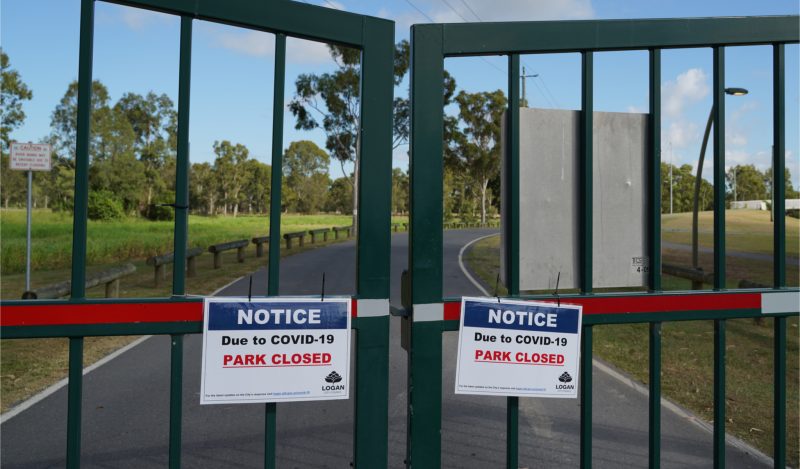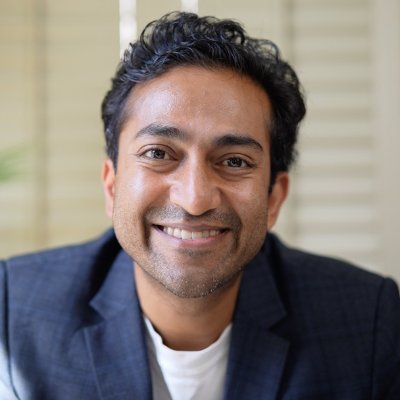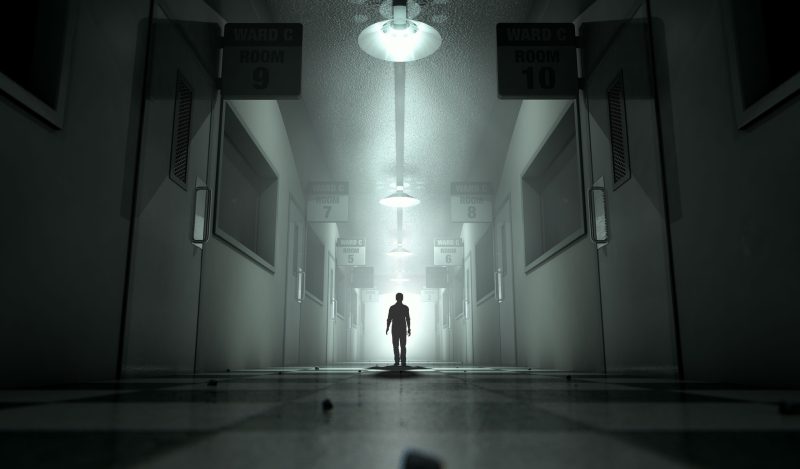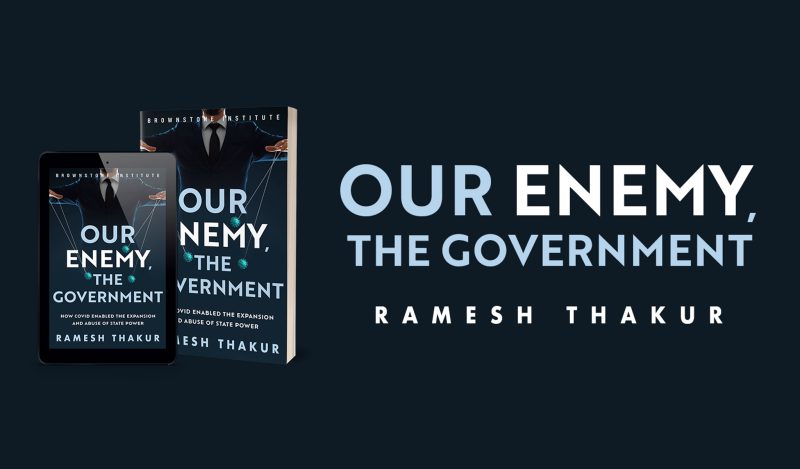Just yesterday, I read that NYC public schools will remove the OUTDOOR mask mandate starting Monday. How Brave!
🆕 UPDATE: Beginning Monday, February 28, 2022, masks or face coverings will no longer be required when outside on school grounds. Masks will still be required for all students, staff, and visitors inside @NYCschools. pic.twitter.com/iC4FsrJYt0
— NYC Public Schools (@NYCSchools) February 25, 2022
Let’s reflect on this for a moment. NYC school district has been requiring children wear masks OUTSIDE all this time. Years after we knew the virus almost never spreads outside. During recess when kids play, forced to wear a mask while exerting themselves. Wow!
Whoever made the policy is an idiot. No way around it. They are not fit for policymaking. They abused the power of government to coerce children (at incredibly low risk of bad outcomes) to wear a mask in a setting where the virus simply does not spread. In other words, they participated in something done in the name of public health, which actually made human beings worse off. Worse, they used coercive force to do it.
Post-COVID we need to seriously talk about setting restrictions. But not on people. We need to place restrictions on public health and things done in the name of public health. We cannot allow individuals who are poor at weighing risk and benefit and uncertainty to coerce human beings, disproportionately the young and powerless (waiters/ servers) to participate in interventions that have no data supporting them, for years on end.
Public health should be the subject of restrictions; a taste of its own medicine. Some of those restrictions should be placed on governments, but others on private actors who are appealing to public health. Here is what that might look like:
- In an emergency situation, if governments mandate or advise individual level behavioral interventions (e.g. masking), those entities should have generated robust data in 3 months (cluster RCTs) to demonstrate efficacy, or the intervention is automatically revoked. Some may argue 3 months is too short, but if it is truly a crisis warranting emergency proclamations, then you should see a signal in 3 months, and governments can expand sample size to ensure prompt results.
- If a trial is positive that does not mean the policy continues forever, but must be debated (net benefit/ net harms/ tradeoffs) by the body politic.
- Private entities should be prohibited from mandating emergency drug products. Check out this tweet by my conversation partner— VPZD PODCAST— Zubin Daminia. Cal Academy is a museum in Golden Gate Park. Do they have any business nor ability to mandate boosters in adolescents? No, it is absurd. Two senior officials with the FDA— Gruber and Krause- resigned over this decision. Paul Offit and Luciano Boro and others have been publicly critical of boosters for young people, and Cal Academy mandates it? Cal Academy is not qualified to make this decision.
- The same is true for daycares and private schools that have already mandated kids vax 5 to 11. Should random private individuals be permitted to coerce vaccination under Emergency Use Authorization (EUA)? I believe restrictions must be put in place to prevent them from doing such a thing. Perhaps it should be explicit that it is illegal to coerce any medical product under EUA status. This would stop Cal Academy and private schools.
- The same is true for boosters. Colleges should be prohibited from mandating medical products under the auspices of EUA. What is going on right now on college campuses is astonishing foolishness.
- Hospital patients deserve a bill of rights. Prohibitions on visitation, particularly of children or older people; especially near the end of life were cruel and disgusting. Even long after PPE was adequate— into 2022— these rules continued. Patients need a bill of rights, and hospitals should face severe restrictions on their ability to ban visitors. To my knowledge the US has not— like Hong Kong— separated a baby from her parents, but our rules are unjust.
- Do people have the right to return to their home country? Read this excellent article about Australians trapped in India. This is an important issue.
- Who decides if schools should close? Schools are too important to permit local decision makers to close them for years on end. In the USA, this happened along partisan lines, with the most progressive cities punishing children the most. There has to be some bill of rights for kids to prevent this from happening. Schools might need to close in rare circumstances in the future, but this should be done only in extraordinary times, and no one can justify closing schools only in Democratic cities. Kids need a real champion, and it is not the AAP.
These are just a few examples of where governments or institutions have overreached in the name of public health, but there are many more. Post Covid, the group that needs to face the strongest restrictions is public health itself. We must carefully remove the power we have granted public health, which has often been misused.
Republished from the author’s Substack
Published under a Creative Commons Attribution 4.0 International License
For reprints, please set the canonical link back to the original Brownstone Institute Article and Author.









